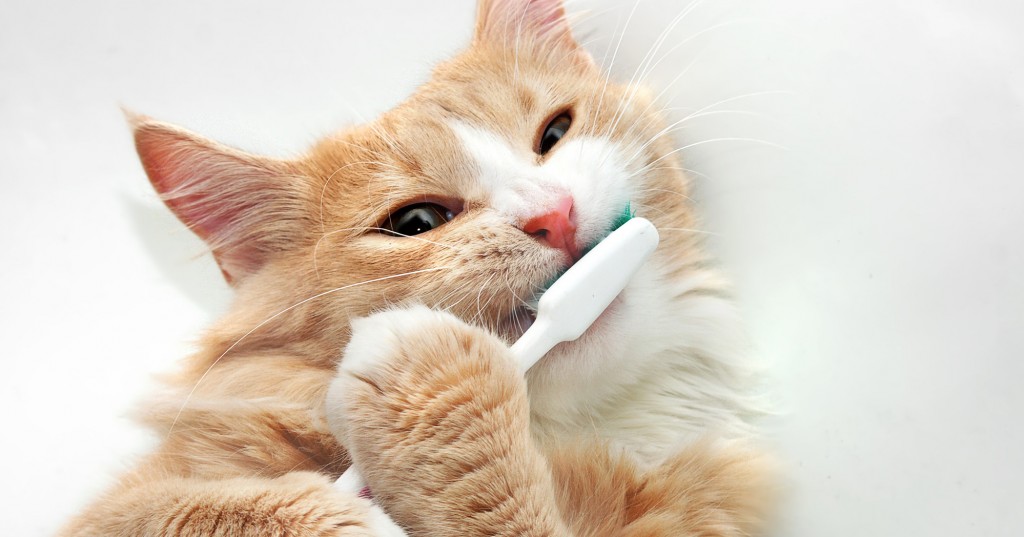The presence of this tartar can trigger an inflammation of the gums called gingivitis. Gingivitis then becomes a source of pain as it reaches an advanced stage. Also, once the teeth are infected, the gums become the entry point for other more dangerous bacteria that, by circulating in the blood, end up in the heart (endocarditis), liver, lungs and kidneys, which can cause, among other things, septicemia.
It is these progressive irritations, these loosening and weakening of the structures that support the teeth, that are responsible for the majority of tooth loss in our animals.
However, PD can be prevented by using various oral hygiene methods. Here are a few tips to help keep your pet's teeth healthy.
